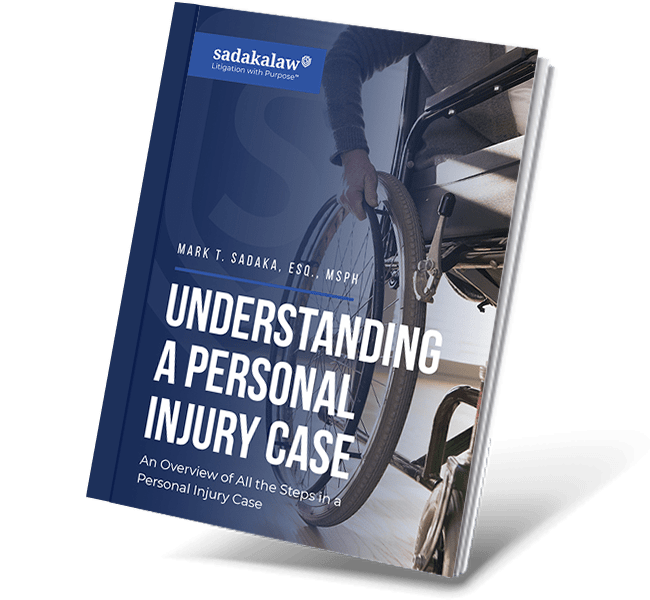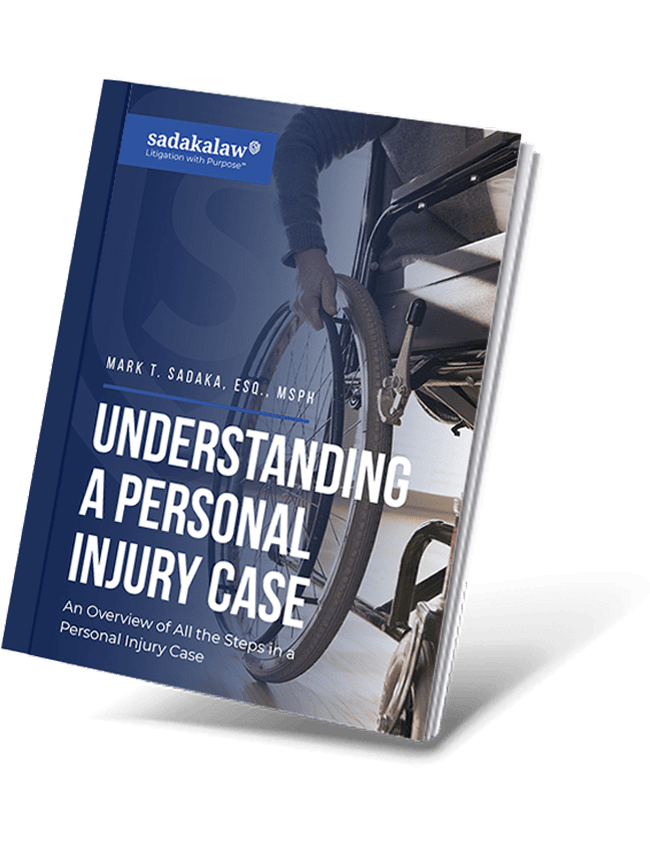
Social media is everywhere. From sharing photos on Instagram to stories on Snapchat, you can update your status to brag about a promotion or complain about heavy traffic on Facebook. Almost three-quarters of all adults with a computer and internet access use at least one social media platform regularly. Many use social media to promote their business, to share their stories with loved ones, and to stay engaged and entertained throughout the day. They also use it to share their personal stories, and that can be a lovely thing when it has nothing to do with a serious personal injury lawsuit.
Social Media as Evidence
In the past, the attorney of a defendant sued for a personal injury case involving a defective product, a manufacturer issue, or any other incident that might cause personal injury might look into the lives of plaintiffs. This is standard practice, and it has always been standard practice. An attorney is hired to protect their client, and determining whether a plaintiff is honest about their personal injury is first on their list of things to do to help their own client’s case.
You’ve seen the movies in which attorneys hire private investigators to follow injured parties, checking to see they are wearing that neck brace or using only their wheelchair to get around. You’ve seen the movies in which the patient gets out of their wheelchair to run a marathon or play a game with the kids, showing investigators they’re not injured at all and are faking their issues for a lawsuit. It’s all entertainment in the movies, but it’s what attorneys and defendants hope to prove.
Social media is the new way attorneys look for proof that an injured party might be exaggerating their injuries or lying outright. Anything you post on social media is public information, and it can be used against you in a court of law. If you’re suing someone because their product or personnel caused you injury, you want to stay off social media.
Social Media Disproves Claims
The problem with social media and personal injury cases is that it works against you. Let’s say you’re involved in an accident that causes you to lose your job because of a serious injury. You become depressed, you cannot earn a living without a job, and you decide to sue the person or company responsible for your injuries. Your lawsuit uses the basis that your accident caused emotional distress, medical bills, and lost wages for which you are seeking damages.
If the attorney for the other party looks at your social media pages and finds photos of you smiling with your kids, playing in the park, and hashtagging how blessed you are in life, your emotional distress claim becomes weak and less likely to win in court. Even if your posts are strictly for appearance so people don’t know what’s going on in your life behind-the-scenes, it works against you.
Stay Off Social Media
The best thing you can do for your case is stay off social media completely if you are involved in a personal injury lawsuit. Deactivate your social media accounts, and stay off the internet if you want to keep your case as strong as possible. Your attorney will agree that social media is not the best practice for you while involved in a case such as this one.
Staying off social media while you’re involved in a personal injury case might prove difficult, but it’s best for your case. You’re free to resume social media use when your lawsuit is over and your damages have been awarded.
Learn more about Personal Injury Lawsuits.


